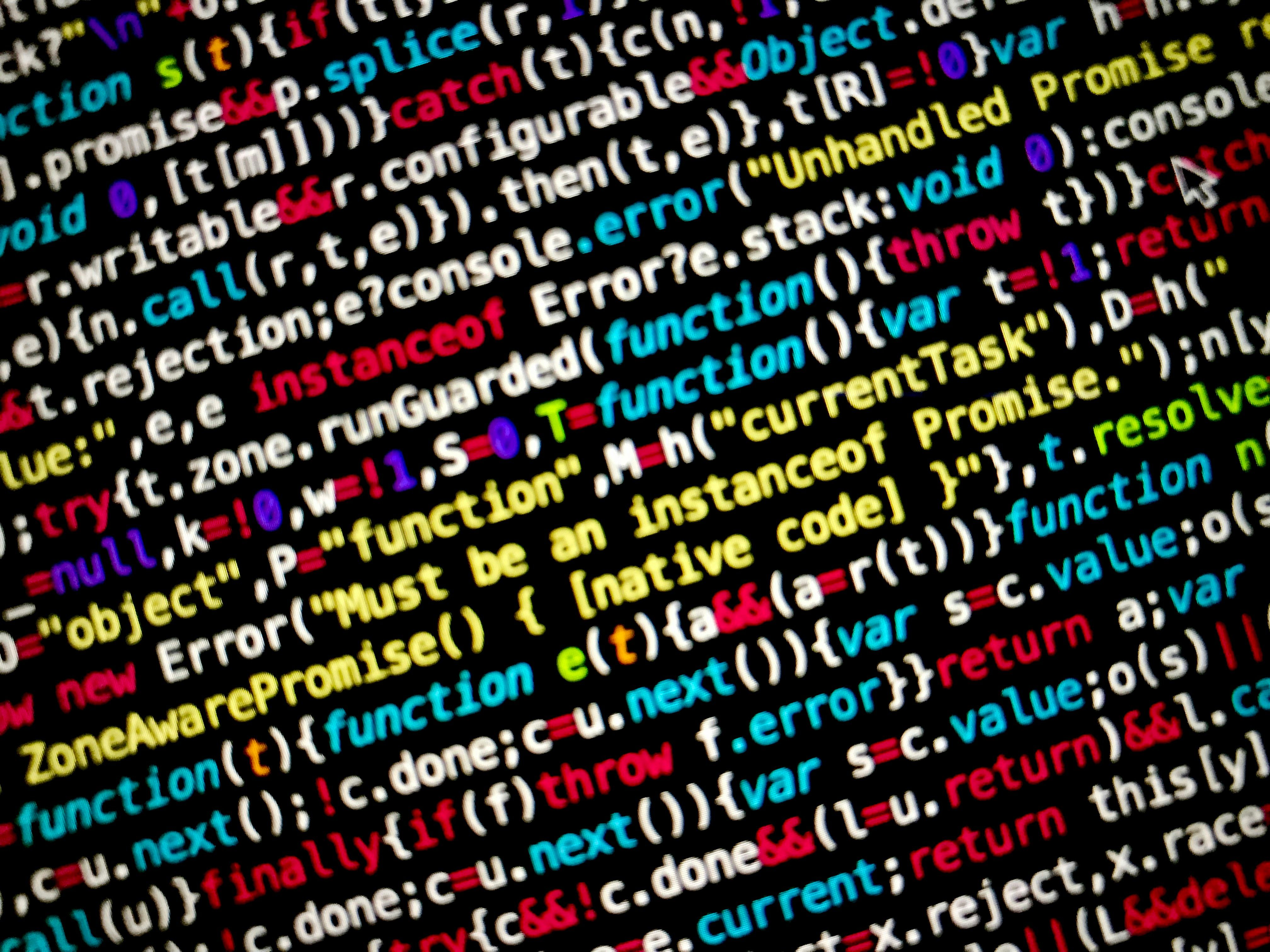SPD Criticizes Merz's Embrace of Arms in Ukraine Conflict
German Chancellor Lifts Restrictions on Use of Weapons Against Russian Territory
German Chancellor Friedrich Merz (CDU) has announced a significant shift in policy regarding the supply of German weapons to Ukraine, stating that there will no longer be range restrictions on weapons delivered to Kyiv. This move away from previous restrictions allows Ukraine to defend itself against Russian attack by targeting military positions within Russian territory.
Speaking at the WDR Europa Forum in Berlin, Merz explained that the change in policy aligns with those of the UK, France, and the US. "There are no longer any range restrictions on weapons supplied to Ukraine – neither by the British nor by the French nor by us nor by the Americans," he said. This means that Ukraine has the ability to attack military targets beyond the front line in Russia.
Merz's announcement marks a departure from the cautious stance adopted by his predecessor, Olaf Scholz (SPD). Despite allowing the use of German weapons such as the Mars II multiple rocket launcher against positions on Russian territory in the region around the besieged city of Kharkiv last year, Scholz had not supported the further lifting of restrictions.
The SPD has expressed criticism of the move, with Social Democratic foreign policy spokesman Ralf Stegner calling it "not helpful." Stegner, along with deputy parliamentary group leader of the Greens, Agnieszka Brugger, maintain that diplomatic efforts should be strengthened rather than escalating the war.
However, Brugger welcomed Merz's announcement, stating that it is "wrong to simply accept" Russian President Vladimir Putin's bombing of peace efforts and offers of talks with unprecedented cruelty.
The Klingbeil, Vice-Chancellor and SPD member, insists there is nothing new in the agreement regarding range restrictions, stating that "as far as range is concerned, I would like to say that there is no new agreement that goes beyond what the previous government has done."
The Kremlin has expressed concern over the move, with Kremlin spokesman Dmitri Peskov characterizing Merz's statements as "quite dangerous decisions if they have been made."
In operational terms, the new policy has initial implications due to limited German arms that Ukraine can use to hit Russian positions and supply lines far behind the front line. The Mars II rocket launcher with a range of approximately 85 kilometers and the Panzerhaubitze 2000 with a range of approximately 35 kilometers are the only two weapons systems currently at Ukraine's disposal.
However, it is notable that the US, France, and Britain have provided Ukrainian forces with rockets with ranges of up to over 250 kilometers, which, according to media reports, have already been used against Russian territory. This suggests that the ability for Ukraine to defend itself against Russian aggression has significantly increased due to the emerging coalition approach to the conflict.
The new German policy on war-and-conflicts, as announced by Chancellor Friedrich Merz, aligns with that of the UK, France, and the US, allowing for no range restrictions on weapons supplied to Ukraine. This shift in policy-and-legislation could escalate the war, as it enables Ukraine to attack military targets beyond the front line in Russia, against Russian territory. This development is a departure from the cautious stance of Merz's predecessor, Olaf Scholz, and has sparked criticism from the SPD. However, it has also been welcomed by some, such as Agnieszka Brugger, who argue that it is necessary to respond to Russian President Vladimir Putin's aggression.







